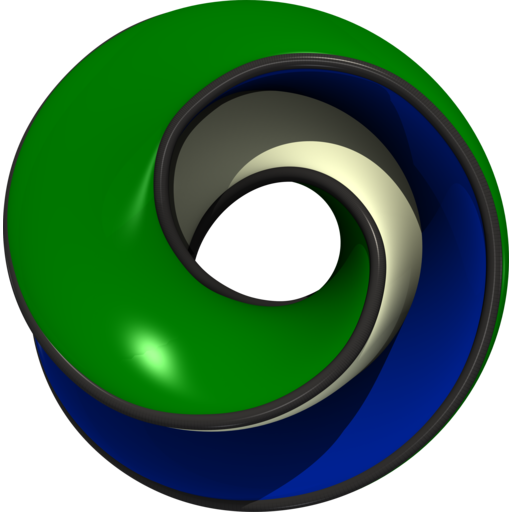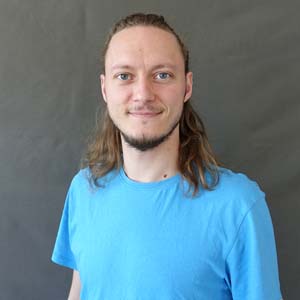Topological Data Analysis with TTK Training

Objectives
- Initiation to topological methods for data analysis and visualization
- Discover their main concepts and typical applications
- Apply these concepts with TTK and ParaView on concrete use cases in fluid dynamics, image processing, quantum chemistry, bioimaging, …
Prerequisites
- ParaView basics
Program
- Concepts (morning)
- Introduction to Topological Data Analysis (TDA) with TTK
- Introduction to the ParaView ecosystem for TDA
- Application and exercises (afternoon)
- Extracting salient points with Persistence diagrams – Application to vortex extraction
- Salient components with Merge trees – Application to medical data segmentation)
- Filaments and basins with Morse-Smale complex – Applications to image segmentation, molecular structure extraction, surface reconstruction, data clustering)
- Tracking critical point in the context of temporal data – Application to vortex tracking
This training course will be taught in English. Course notes are also in English.
Participants are asked to bring a laptop computer for this training session.
The instructor will communicate all the specifications required to each participants before the training session.
Lunch is included.
Kitware SAS is registered as a training center in France
Practical Information
Duration: 1 day
Next training Date: October 22, 2024
Time zone: Paris (CET / GMT+1h)
Schedule: 9am to 5pm
Location: Online
Price: 800€
Company Training
All our training can be offered on site with a custom agenda. Contact us for more information.
Meet the instructor

Charles is a Lead Developer Engineer on the Scientific Visualization team at Kitware Europe. He joined Kitware in February 2016.
During the first 3 years, he worked on it PhD on “High performance level-set based topological data analysis” in cooperation with Sorbonne University. During the work, he became one of the main contributor of the TTK library.
After defending his thesis, Charles joined the Scientific Visualization team where he mainly works on maintaining VTK and TTK. His main subjects are high-performance computing, meshing and discrete geometry.
Charles is involved in several reviewing committees: TVCG, LDAV, EGPGV, ISAV.
